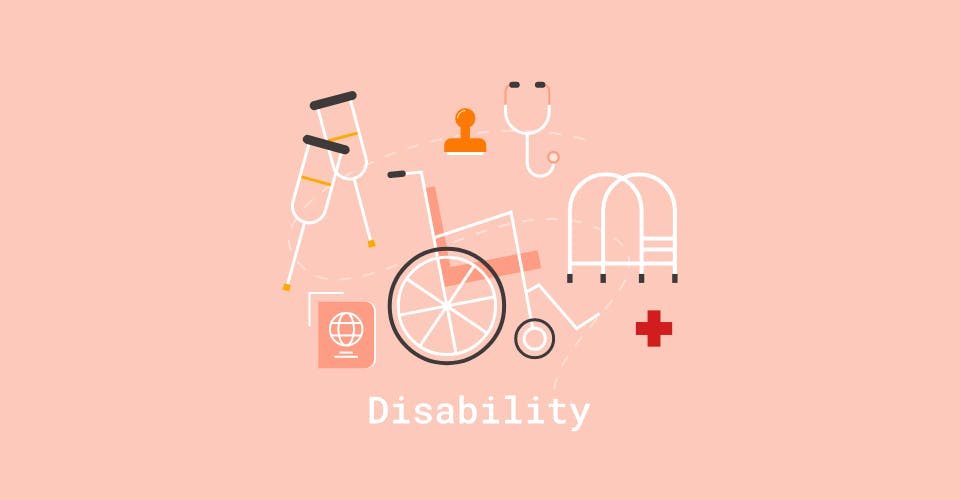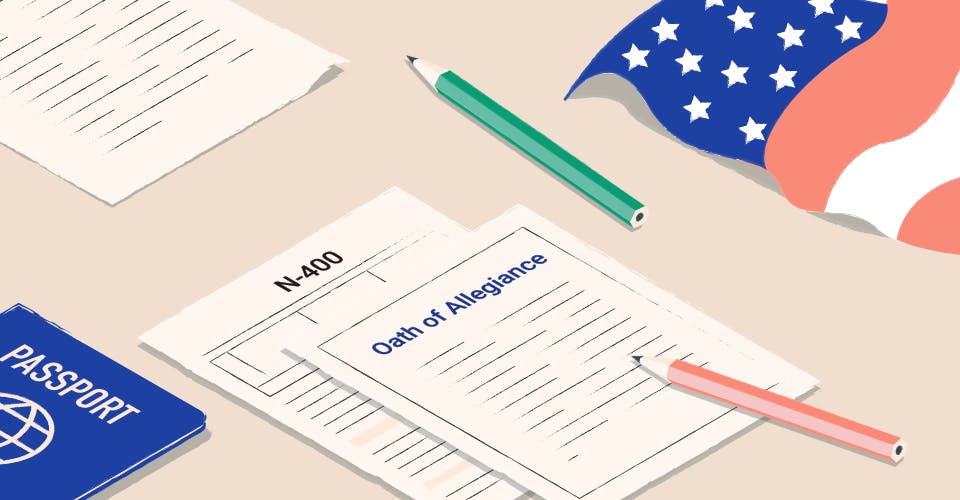Applying to become a U.S. citizen can be a long and time consuming process. For one, the N-400 is a lengthy application document that the USCIS will use to verify an immigrants entire record while they have been living in the United States. After the USCIs has adjudicated this application, there is still the written, verbal, and civics test that will need to be completed by most applicants.
However, if you have a disability, you might be wondering if you will be exempt from this latter portion of the application cycle. In this blog, we will discuss various definitions of disabilities and how they factor into ones eligibility and exemption from certain aspects of naturalization. It is worth examining especially for those applicants who might be on the fence about their own case, and whether they would qualify as having a disability for the sake of naturalizing.
Background
If you think that you might be exempt from the English/Civics portion of the naturalization exam, then the first thing you will need to do is go to the USCIS website and relocate to the N-648 Form. This is known as the “Medical Certification for Disability Exceptions”. Go the USCIS homepage, then select the “Forms” page, then select “All Forms” and under the search bar simply type in “Disability”. From here, you will be redirected to the only form that deals with this issue, the N-648.
Next, you will need to note that the USCIS defines a disability as something that is contingent upon an individuals physical, developmental or mental impairment. If you have never been diagnosed with any disability, but are seriously wondering if some condition you are having will impact your naturalization test, then you should consult with a doctor or your primary physician beforehand to get a better understanding.
Getting a Doctors Signature
Most of the N-648 form deals with having a physician provide written information about their patient (naturalization applicant) and how their disability is affecting their daily life, as well as how serious the condition is. If you have a disability, it is not enough to simply write this information in letter form to the USCIS addressing them. You will instead need to bring this form to a doctors office and have them attest and fill in the questions so the USCIS can use this as official evidence.
Generally speaking, disabilities range from:
- Vision, deafness or other physical disability
- Autism spectrum disorder
- Mental health conditions
The USCIS is looking for information in the N-648 that really describes how well the individual in question is able to complete tasks such as reading or writing—as this will directly relate to the writing and reading portion of the English/Civics test. Applicants who submit disability claims via the N-648 in the realm of mental health conditions might still be expected to take the English and Civics test because although the disability is affecting their lives, it might, or doesn’t have any impact on the ability for an applicant to read and write in English.














